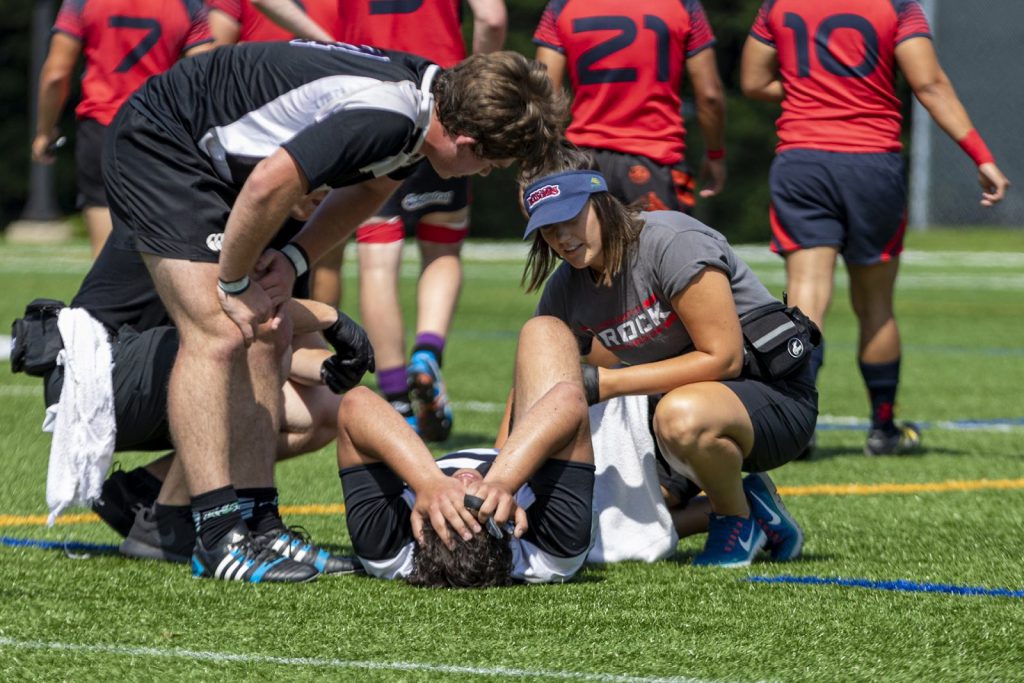Athletic Therapists: Diverse Work Opportunities
Athletic therapists, once predominantly associated with organized sports programs, have undergone a transformative evolution in their work settings. Today, these professionals have expanded their horizons beyond the traditional athletic sphere, finding placements in many sectors, each vital in its own right.
Expanding Role in Secondary Schools
Secondary schools have increasingly recognized the necessity of having certified athletic therapists on-site to address the healthcare requirements of student-athletes. Recommendations by authoritative bodies like the NATA, the American Academy of Family Physicians, and the AMA emphasize the pivotal role of these therapists in high school athletic programs. They advocate for full-time availability to ensure prompt and efficient care.
Integration in Educational Settings
In secondary schools, athletic therapists not only cater to athletes but often extend their services to faculty and students, offering care for injuries sustained on school premises. Additionally, they conduct educational seminars covering a spectrum of health-related topics, fostering a culture of wellness and injury prevention.
Varied Roles in College/Universities
The responsibilities of athletic therapists in collegiate settings vary significantly. While some exclusively serve within the athletic healthcare team, others take on broader roles, including teaching or contributing to the campus health center, showcasing the versatility demanded in these settings.
Professional Sports: A Specialized Focus
In the realm of professional sports, athletic therapists work closely with single sports teams, dedicating themselves to athletic services. Their duties oscillate between traditional care during the competitive season and intensive focus on rehabilitation and reconditioning during the off-season.
Vital Role in Sports Medicine Clinics
Within sports medicine clinics, athletic therapists are integral members of interdisciplinary teams. They work under physician supervision, extending services to diverse patient populations. Whether specializing in sports injuries or broader healthcare realms like cardiac rehabilitation, these therapists play pivotal roles, albeit sometimes restricted by state regulations in certain services.
Impact on Industrial/Occupational Settings
In industrial and occupational environments, athletic therapists provide in-house services, catering to employee wellness and injury management. Their involvement has shown marked reductions in workers’ compensation claims for musculoskeletal disorders while simultaneously boosting employee productivity.
Extending in Physician Practices
As physician extenders, athletic therapists serve in various medical practices, enhancing patient care by offering services like triage, rehabilitation, and exercise prescription. This collaborative model elevates the quality of care while augmenting physician productivity and efficiency.



